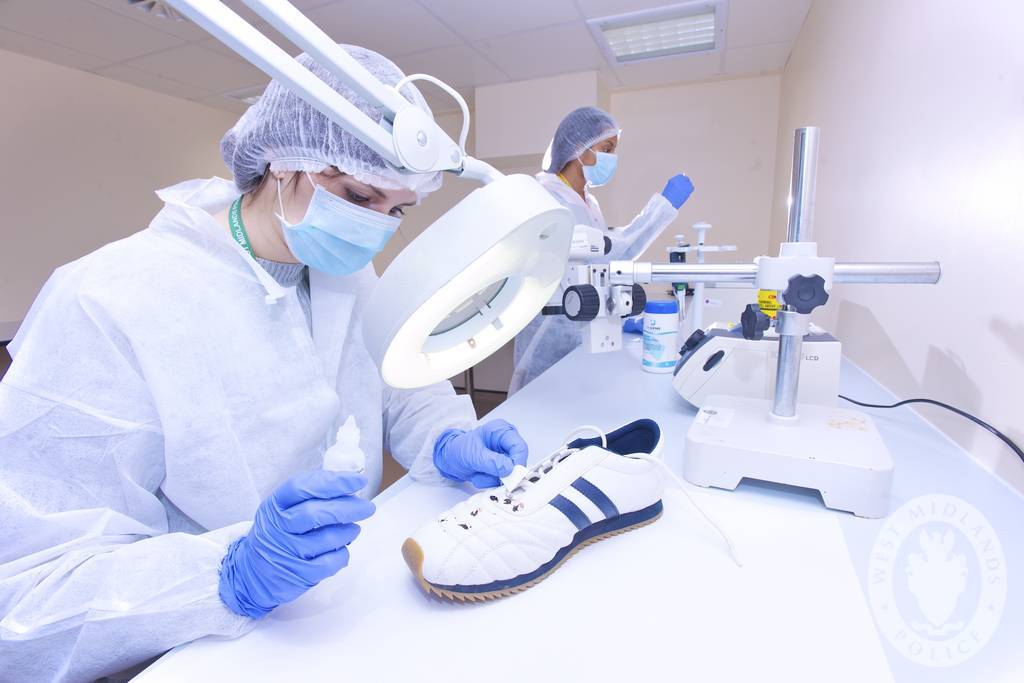How should crime labs be paid for their work? The question has particular resonance now in light of the recent FBI admission that there were flaws in their hair analysis (or to put it less charitably, there is good reason to believe a lot of forensic “science” is bullshit to begin with).
The fact that CSI was a show about bullshit may be a tough pill for us to swallow. We would all like to believe that if wrongly named a suspect in an investigation, the system would be able to prove us innocent. But the cracks (more like, gaping holes) in the foundation of forensics which show that not to be the case, are surprisingly only part of the problem.
If you don’t think about it too much, it seems like a good idea to pay people based on some quantifiable measure of the results of their efforts. But in implementing any such plan, it’s important to be thoughtful about distorting the incentives in the system. State crime labs, through various kickbacks and incentives, are at least partially paid not for the work that they do, but for the number of convictions they help cement. Think about that for a second.
Even an armchair student of game theory immediately realizes this dis-incentivizes crime lab employees from becoming better scientists (at least insofar as you can consider forensics a science to begin with), and instead encourages them to interpret their findings in a way that will result in favorable outcomes for prosecutors. In a nutshell: rather than objectively processing data, the crime lab employees have reason to make the data fit a prescribed outcome, all of which invalidates the very nature of their existence to begin with.
This is a serious systemic failure: people’s lives are at stake. Taking away someone’s freedom is a very real, and very serious, thing. The process by which you strip someone of their rights is one that should be handled with diligence and care. If you were ever fingered for a crime you didn’t commit, you’d want law enforcement and its crime lab to look for the truth, not look for a way to build a case against you to boost its prosecutorial success rate.
Luckily, the solution to this particular hole in the process is simple: pay crime labs an hourly rate for their work.
